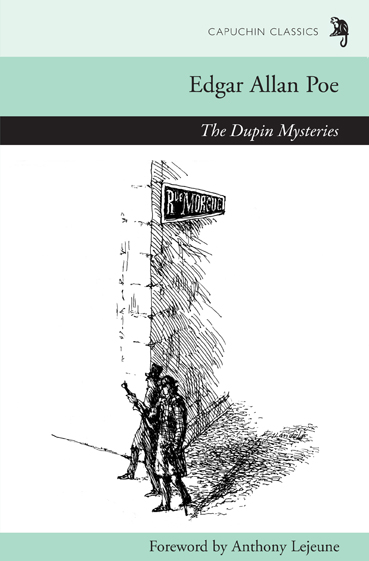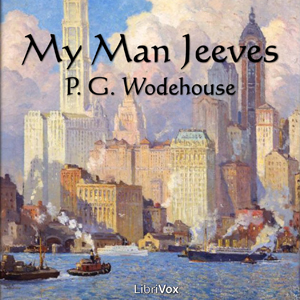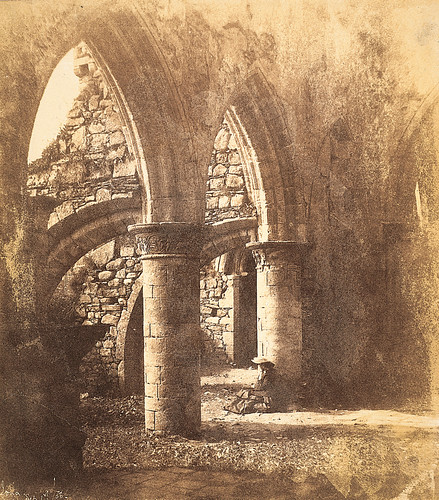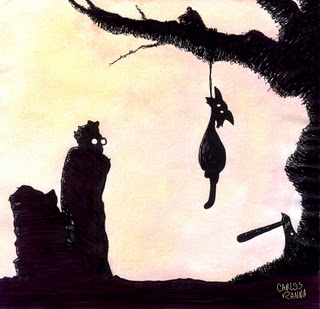Original Publication Date: c. 150
Genre: comedy
Topics: philosophy, history, satire, adventure
Other titles: True History, A True Story
Review:
Lucian of Samosata was a rhetorician in Ancient Rome and, from what I gathered in the introduction to this book, a thorn in the side of everyone he ever met. His modus operandi was to ridicule the practices of other philosophies; in Trips to the Moon, historians are his main victims.
A 2nd-century rhetorical treatise doesn't exactly sound like a laugh riot. The only reason I downloaded Trips to the Moon was because le fabeau Ralph Snelson narrated it. While it wasn't laugh-out-loud funny, it was amusing, and an interesting read.
The book is divided into three parts: first is the introduction from the translator, then "Instructions for Writing History," and finally "True History," which Lucian tells us is completely made-up.
As a disillusioned academic, I have to say I found Lucian's criticisms of historians to be spot-on. Apparently the behavior of over-educated elitists hasn't changed that much in the last 1800 years! Seriously, you put some unimaginative khakis on these guys instead of togas and you've got modern academia in all it's glory, which probably shouldn't surprise me as much as it did.
To boil down his argument, Lucian thinks that historians should only write about things they know from first-hand experience. Obviously, if you're writing about events that happened before you were born, this would be impossible. Thus Lucian argues historians are just using their imaginations to make stuff up, then pretending that what they've written is "fact." Ergo he's going to write the truest history that ever was, by making everything up but being totally honest about what he's doing.
So follows an adventure where Lucian and some companions travel beyond the Straight of Gibraltar and wind up having all sorts of adventures, including being trapped in a giant whale, flying to the sun, meeting gods and goddesses, and traveling to the moon just in time to become embroiled in a war.
Trips to the Moon is categorized as the first science fiction novel and a precursor to Edgar Rice Burroughs and HG Wells, but personally I think that's a total misunderstanding of both Lucian's point and the genre of science fiction. This is a satire of contemporary culture and a story meant to be beyond ridiculous. The appeal of science fiction is that it might happen, which is a conceit Lucian not only doesn't make claim to, but would probably make fun of if he was alive today. Even if you're only passingly familiar with ancient writings, it's easy to see that he's referencing previous works and then upping the ante to make the tales absolutely incredulous.
Also, there are a lot of references in the text that have no purpose other than to mock past and current historians. For instance, Lucian meets Herodotus in the belly of the whale, where he's being eternally tortured for telling lies in his own Histories, and reflects that he's happy he's never told one. Before that Lucian meets Homer, who spends most of his time telling historians who disagree with him to go fuck themselves (in summary).
Overall I found Trips to the Moon very interesting. It does start to drag at the end, but it's very inventive and clever, and occasionally amusing. Every criticism Lucian has of the study of history was and still is completely valid, and I only wish we had our own Lucian to remind academics not to take themselves so seriously.
Read Trips to the Moon at Project Gutenberg|Librivox|Sacred Texts
Genre: comedy
Topics: philosophy, history, satire, adventure
Other titles: True History, A True Story
Review:
Lucian of Samosata was a rhetorician in Ancient Rome and, from what I gathered in the introduction to this book, a thorn in the side of everyone he ever met. His modus operandi was to ridicule the practices of other philosophies; in Trips to the Moon, historians are his main victims.
A 2nd-century rhetorical treatise doesn't exactly sound like a laugh riot. The only reason I downloaded Trips to the Moon was because le fabeau Ralph Snelson narrated it. While it wasn't laugh-out-loud funny, it was amusing, and an interesting read.
The book is divided into three parts: first is the introduction from the translator, then "Instructions for Writing History," and finally "True History," which Lucian tells us is completely made-up.
As a disillusioned academic, I have to say I found Lucian's criticisms of historians to be spot-on. Apparently the behavior of over-educated elitists hasn't changed that much in the last 1800 years! Seriously, you put some unimaginative khakis on these guys instead of togas and you've got modern academia in all it's glory, which probably shouldn't surprise me as much as it did.
To boil down his argument, Lucian thinks that historians should only write about things they know from first-hand experience. Obviously, if you're writing about events that happened before you were born, this would be impossible. Thus Lucian argues historians are just using their imaginations to make stuff up, then pretending that what they've written is "fact." Ergo he's going to write the truest history that ever was, by making everything up but being totally honest about what he's doing.
So follows an adventure where Lucian and some companions travel beyond the Straight of Gibraltar and wind up having all sorts of adventures, including being trapped in a giant whale, flying to the sun, meeting gods and goddesses, and traveling to the moon just in time to become embroiled in a war.
Trips to the Moon is categorized as the first science fiction novel and a precursor to Edgar Rice Burroughs and HG Wells, but personally I think that's a total misunderstanding of both Lucian's point and the genre of science fiction. This is a satire of contemporary culture and a story meant to be beyond ridiculous. The appeal of science fiction is that it might happen, which is a conceit Lucian not only doesn't make claim to, but would probably make fun of if he was alive today. Even if you're only passingly familiar with ancient writings, it's easy to see that he's referencing previous works and then upping the ante to make the tales absolutely incredulous.
Also, there are a lot of references in the text that have no purpose other than to mock past and current historians. For instance, Lucian meets Herodotus in the belly of the whale, where he's being eternally tortured for telling lies in his own Histories, and reflects that he's happy he's never told one. Before that Lucian meets Homer, who spends most of his time telling historians who disagree with him to go fuck themselves (in summary).
Overall I found Trips to the Moon very interesting. It does start to drag at the end, but it's very inventive and clever, and occasionally amusing. Every criticism Lucian has of the study of history was and still is completely valid, and I only wish we had our own Lucian to remind academics not to take themselves so seriously.
Read Trips to the Moon at Project Gutenberg|Librivox|Sacred Texts
























